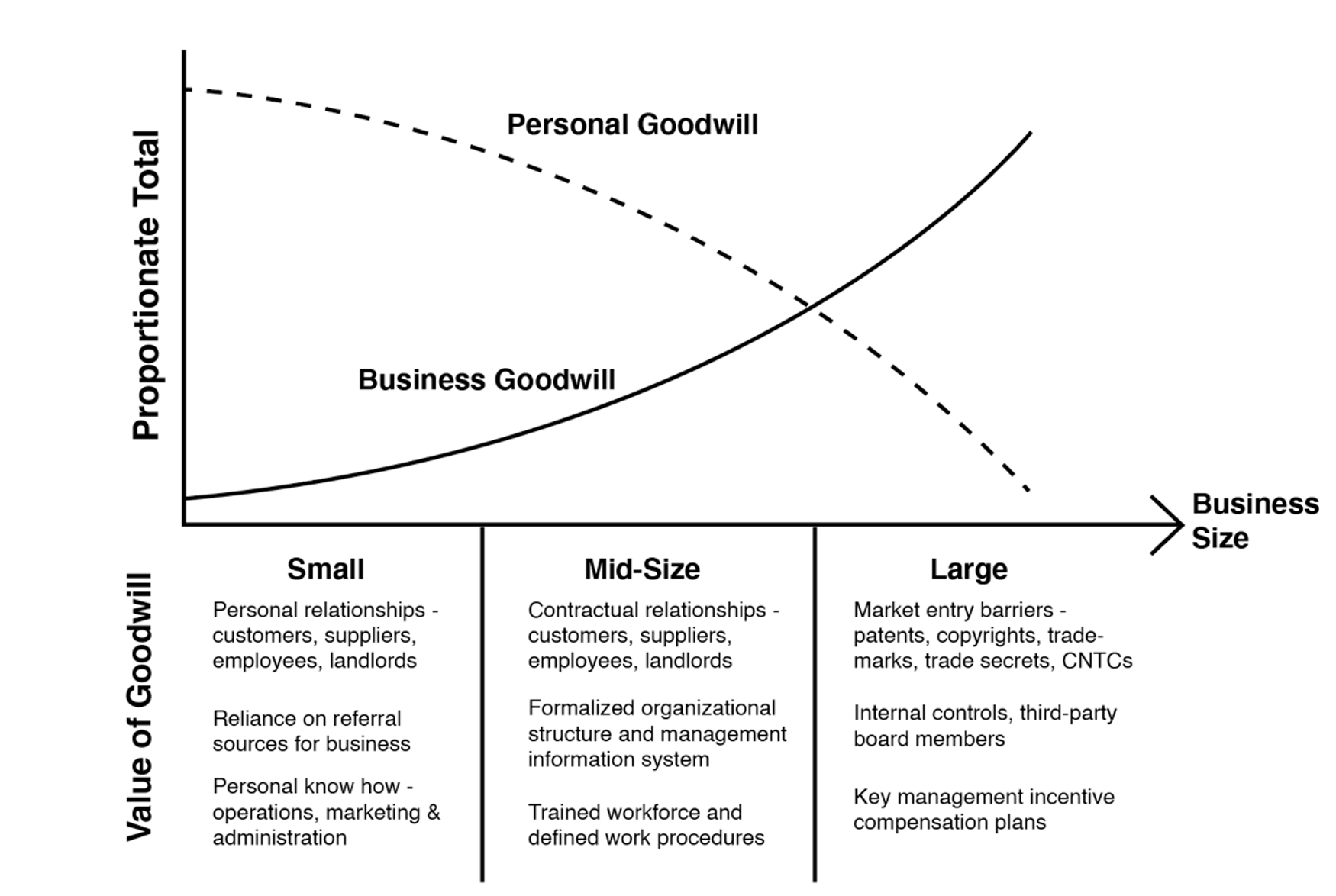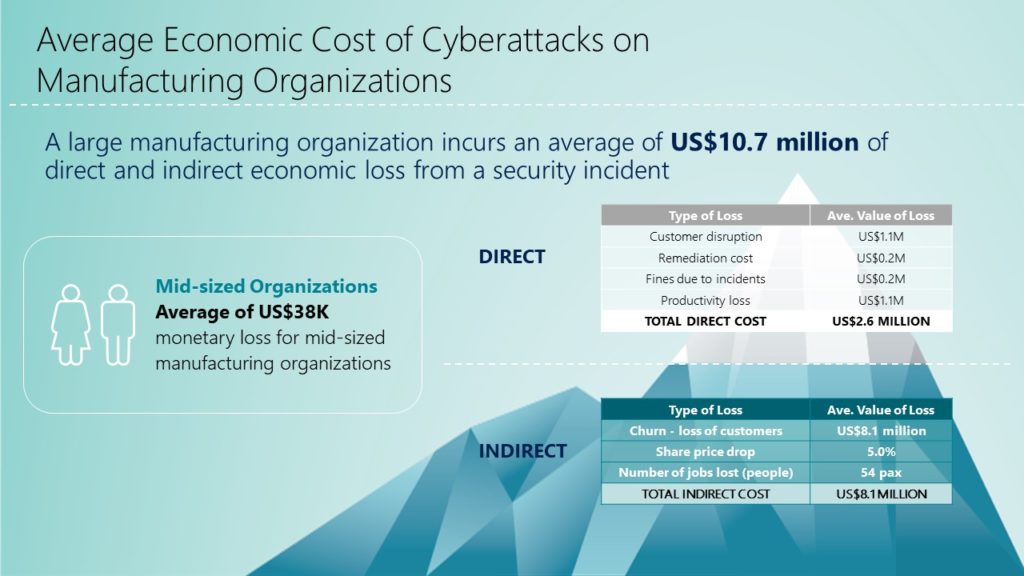Unlocking Wealth: Understanding the Loan to Value Equation for Smart Financial Decisions
Guide or Summary:Introduction to Loan to Value EquationWhat is the Loan to Value Equation?The Importance of Loan to Value RatioHow to Calculate Your Loan to……
Guide or Summary:
- Introduction to Loan to Value Equation
- What is the Loan to Value Equation?
- The Importance of Loan to Value Ratio
- How to Calculate Your Loan to Value Ratio
- Strategies to Improve Your Loan to Value Ratio
- Conclusion: Making Informed Financial Decisions with the Loan to Value Equation
Introduction to Loan to Value Equation
The loan to value (LTV) equation is a critical concept in the world of finance, particularly for those looking to secure a mortgage or any type of loan. Understanding the LTV ratio can empower borrowers to make informed decisions that can significantly impact their financial future. This article delves into the intricacies of the loan to value equation, its importance, and how it can be leveraged to unlock wealth.
What is the Loan to Value Equation?
The loan to value equation is a simple formula used to assess the risk of lending to a borrower. It is calculated by dividing the amount of the loan by the appraised value of the property or asset being financed. The formula is as follows:
**LTV = (Loan Amount / Appraised Value) x 100**
For example, if you are purchasing a home valued at $300,000 and you are borrowing $240,000, your LTV ratio would be 80%. This means that 80% of the property's value is financed through the loan, while the remaining 20% is your equity in the property.
The Importance of Loan to Value Ratio
Understanding the loan to value equation is crucial for several reasons:
1. **Risk Assessment**: Lenders use the LTV ratio to determine the risk associated with a loan. A higher LTV ratio indicates more risk, as it suggests that the borrower has less equity in the property. This can lead to higher interest rates or even denial of the loan.

2. **Insurance Requirements**: If your LTV ratio is above a certain threshold (usually 80%), lenders may require you to purchase private mortgage insurance (PMI). This additional cost can significantly affect your monthly payments.
3. **Refinancing Opportunities**: Knowing your LTV ratio can help you assess whether you are eligible for refinancing. A lower LTV can provide better refinancing options, allowing you to secure a lower interest rate and reduce your monthly payments.
How to Calculate Your Loan to Value Ratio
Calculating your loan to value ratio is straightforward. Here’s a step-by-step guide:
1. **Determine the Loan Amount**: This is the total amount you plan to borrow.
2. **Find the Appraised Value**: This can be done through a professional appraisal or by using the market value of similar properties in your area.

3. **Apply the Loan to Value Equation**: Use the formula mentioned earlier to calculate your LTV ratio.
For instance, if you are looking to buy a house worth $500,000 and plan to take out a loan of $400,000, your calculation would be:
**LTV = ($400,000 / $500,000) x 100 = 80%**
Strategies to Improve Your Loan to Value Ratio
Improving your loan to value ratio can enhance your borrowing potential. Here are some strategies:
1. **Increase Your Down Payment**: The simplest way to lower your LTV ratio is by increasing your down payment. A larger upfront payment decreases the amount you need to borrow.

2. **Improve Property Value**: If you own a property, making improvements can increase its appraised value, thereby lowering your LTV ratio.
3. **Pay Down Existing Loans**: Reducing the outstanding balance on your mortgage can improve your LTV ratio, making you a more attractive borrower.
Conclusion: Making Informed Financial Decisions with the Loan to Value Equation
The loan to value equation is a powerful tool for anyone looking to make smart financial decisions, particularly in real estate. By understanding how to calculate and interpret your LTV ratio, you can navigate the lending landscape more effectively. Whether you are purchasing a new home, refinancing an existing mortgage, or simply looking to understand your financial standing, the loan to value equation is an essential concept that can unlock wealth and provide a pathway to financial security. Always consult with financial advisors or mortgage professionals to make the best choices for your unique situation.